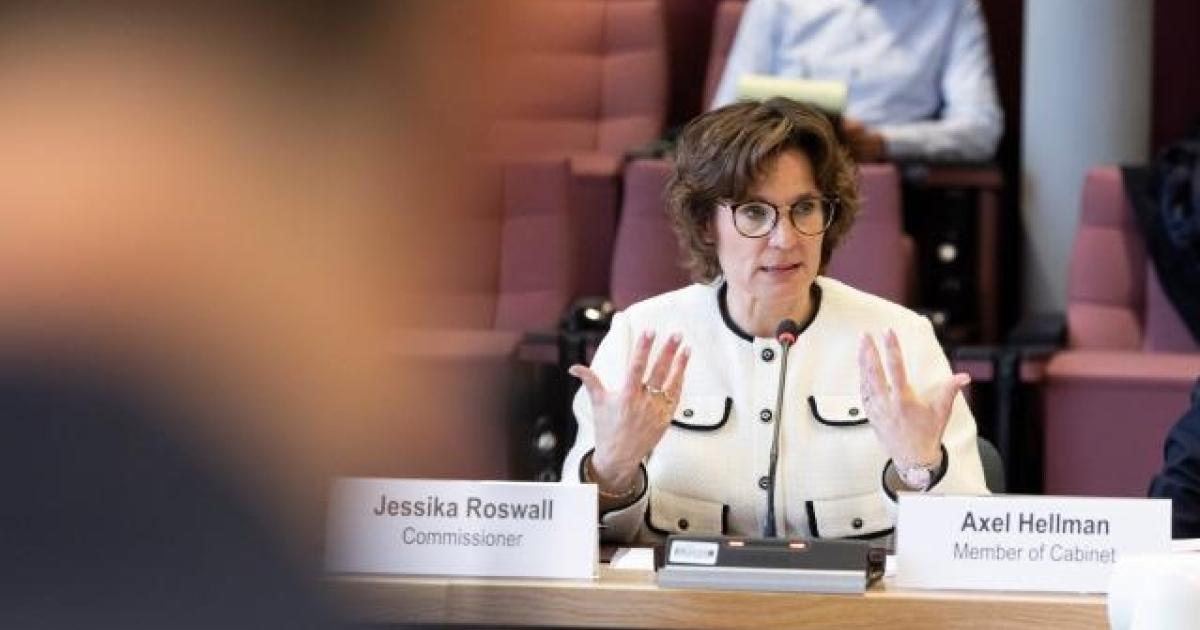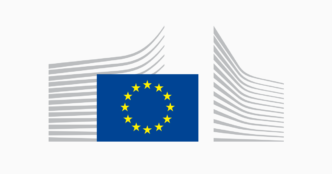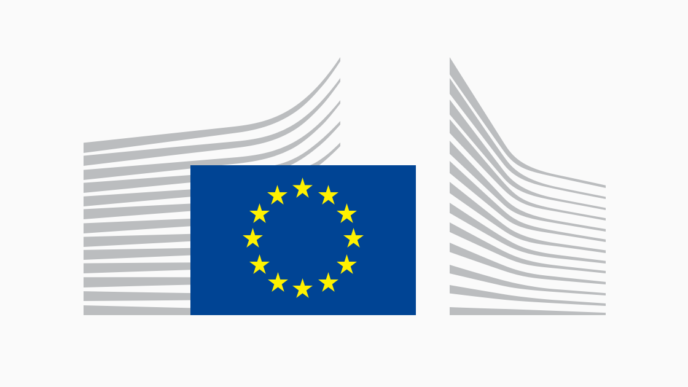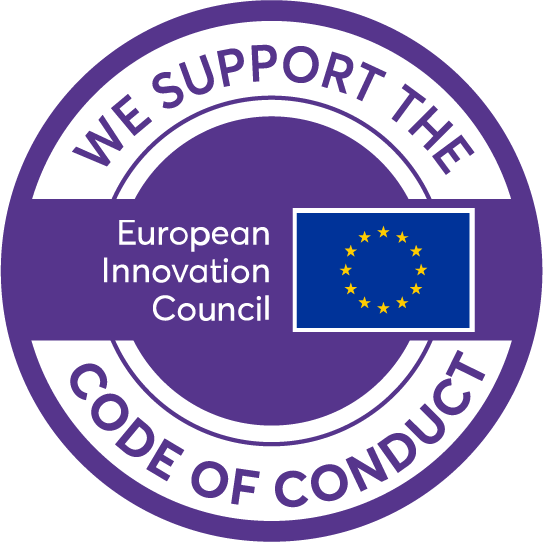Commissioner Roswall is meeting with environmental, business, and financial stakeholders in Brussels on Wednesday to discuss the role of nature credits for investments in nature and biodiversity.
The roundtable will focus on developing biodiversity certification and nature credits as tools to finance nature restoration. This includes the need to develop a sound and credible methodology, innovative strategies to grow the nature credits market, as well as ways to boost private sector investment and biodiversity conservation.
Discussions will explore how to facilitate market development, including potential measures or market enablers.
This high-level roundtable will also help identify key drivers of demand for nature credits in the corporate and financial sectors. The conclusions of the meeting will feed into the process of developing EU action on nature credits.
As highlighted in the Commissioner’s Mission Letter, designing incentives for nature-positive actions and private investment is a priority. The work on nature credits, therefore, requires close cooperation with all stakeholders – Member States, international partners, organisations, industries, and financial institutions, including development and commercial banks.
Ahead of the meeting, Commissioner for the Environment, Water Resilience and a Competitive Circular Economy, Jessika Roswall, said:
“During this roundtable, we will explore how nature credits can play a role in mobilising private investments. I look forward to hearing from all stakeholders about promising, ongoing initiatives in Europe and around the world, and the broad potential of nature credits.”
Background
Biodiversity certification and nature credits provide financial incentives to drive private investments towards nature-positive actions. These tools offer additional revenue for land and forest managers who protect nature and have versatile applications. They can be used in insurance, accessing ecosystem services, supporting green claims, and enhancing subsidy programs and green investments.
Investing in nature and biodiversity yields numerous benefits, including improved public health, enhanced quality of life, and solutions to climate change and pollution. Healthier ecosystems boost business productivity, reduce risks, and create new business opportunities, jobs, and innovations.
There is a growing recognition of the need to invest in natural capital. The World Economic Forum identifies biodiversity loss and ecosystem collapse as major risks for the next decade. It projects that global demand for nature credits could reach $2 billion by 2030 and $180 billion by 2050.
However, to prevent greenwashing and ensure the integrity of nature credits, high-quality standards are needed.
The Global Biodiversity Framework aims to double biodiversity funding and triple international biodiversity financing by 2030. In the EU, the new Nature Restoration Regulation outlines a plan to enhance natural capital.
The EU is committed to allocating 10% of its 2026-27 budget to biodiversity and exploring additional finance sources like nature credits.
Commissioner Roswall is leading efforts to gather input from Member States and stakeholders on biodiversity certification and nature credits. Further consultations and pilot projects will assess how EU policies can add value to this initiative.












